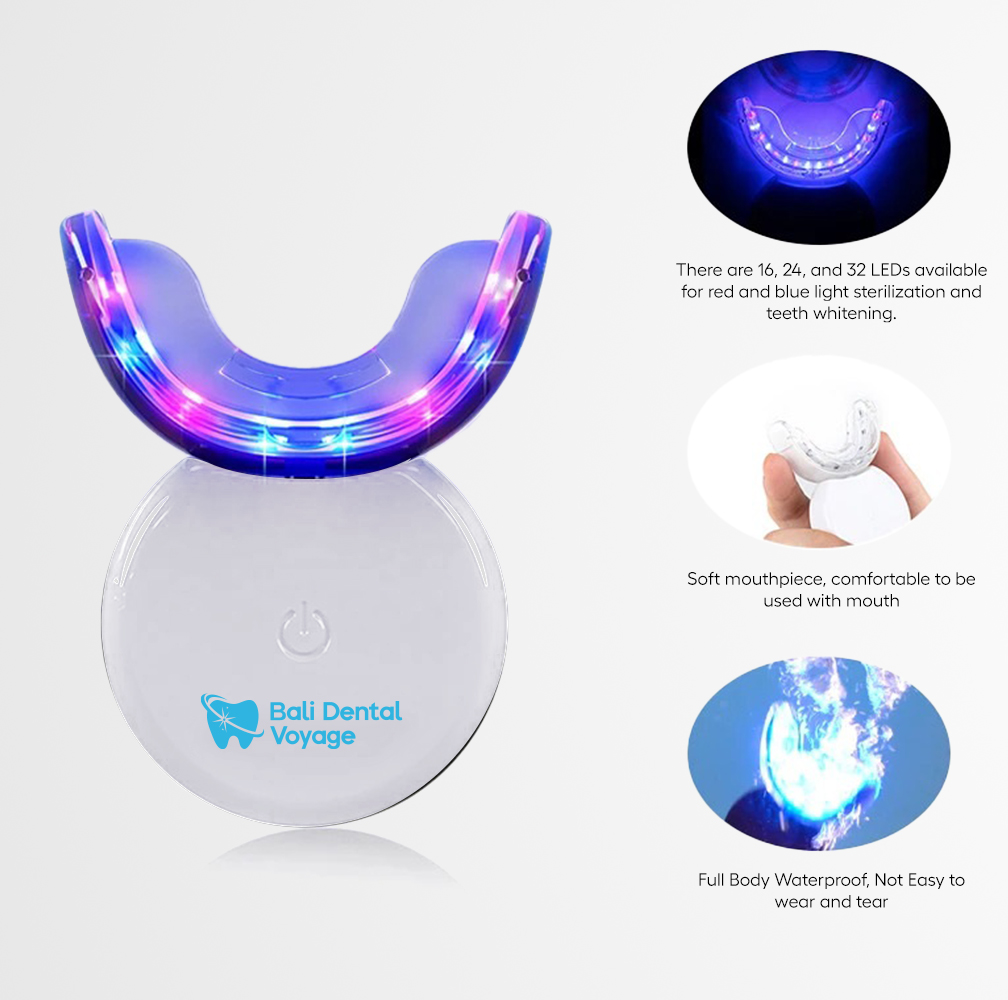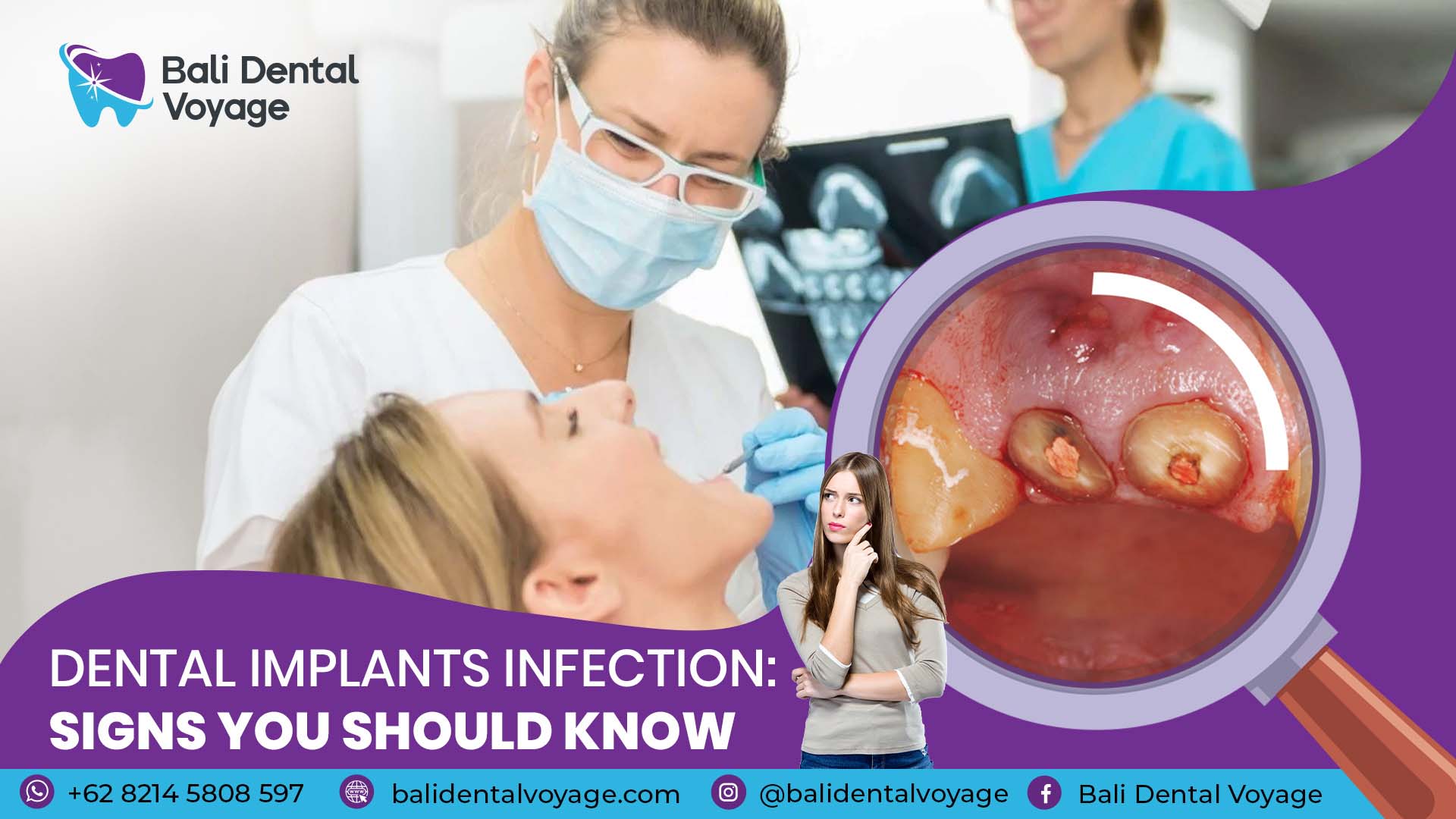
Dental implants have become increasingly popular as a long-lasting and effective solution for tooth replacement. However, like any medical procedure, dental implants come with certain risks – one of which is dental implants infection. Understanding the risk and being able to identify the signs of dental implants infection is key to maintaining oral health and ensuring the longevity of your dental implants.
Table of contents:
- Can Dental Implants Get Infected
- Dental Implants Infections Signs
- What Happens if a Dental Implant Gets Infected
- What Does an Infected Dental Implant Look Like
Can Dental Implants Get Infected?
You may wonder, can dental implants get infected? Yes, they can. Although it’s not common, infections can occur due to several factors such as poor oral hygiene, smoking, or systemic conditions like diabetes that affect the body’s ability to fight infections.
Despite this, dental implants are considered a safe and effective procedure for tooth replacement when performed by experienced professionals.
Dental Implants Infections Signs
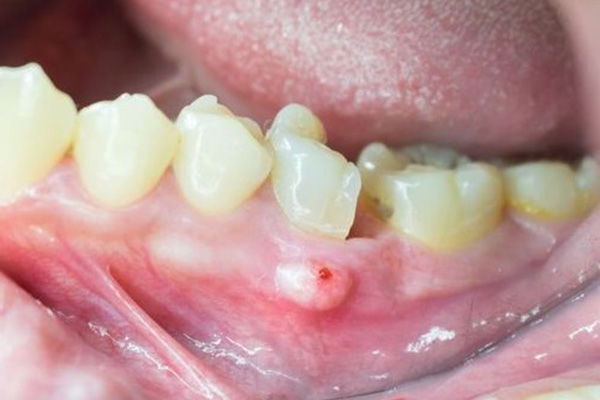
Early signs of a dental implant infection are crucial for effective management and treatment.
The following points highlight some common dental implant infection signs that you should be aware of:
- Persistent pain or discomfort
One of the first dental implant infection signs is often persistent pain or discomfort around the implant site.
This isn’t the usual soreness that follows surgery but a more consistent pain that doesn’t seem to improve.
- Swelling and redness
Swelling and redness in the area surrounding the dental implant could also be an indication of an infection. It’s important not to ignore these symptoms, as they could be the body’s response to an invasive bacteria. - Pus discharge
If you notice pus discharge from the dental implant site, an infection is likely present. This sign should never be overlooked and immediate medical attention should be sought.
The key to mitigating serious complications from a dental implant infection lies in early detection and prompt treatment. Therefore, being aware and vigilant about these dental implant infection signs is essential. If you experience any of these symptoms, it’s recommended to contact your dental professional immediately for a thorough check-up.
What Happens if a Dental Implant Gets Infected?
Key signs of a dental implant infection include:
- Persistent pain or discomfort around the implant site.
- Swelling and redness in the area surrounding the implant.
- Pus discharge from the implant area.
- Unpleasant taste or persistent bad breath.
If you notice any of these signs, it’s crucial to seek immediate medical attention. A Bali dentist, for instance, can diagnose an infection through a thorough check-up and recommend the appropriate treatment.
The first step in treating an infected dental implant typically involves cleaning it to remove bacterial plaque. If the infection is caught early, this could be enough to save the implant. In more severe cases, additional treatments may be necessary, such as antibiotics or surgical intervention.
It’s important to note that infected dental implants can also affect the healing process and the implant’s ability to fuse with the mouth tissues. Therefore, managing infections promptly is key not only to preserve the implant but also to ensure optimal healing and successful integration of the implant into your oral structures.
Being vigilant about infection signs and seeking prompt treatment is crucial when dealing with dental implant infections. Whether you’re seeing a local dentist or a Bali dentist, don’t hesitate to discuss any concerns you may have about your dental implant.
What Does an Infected Dental Implant Look Like?
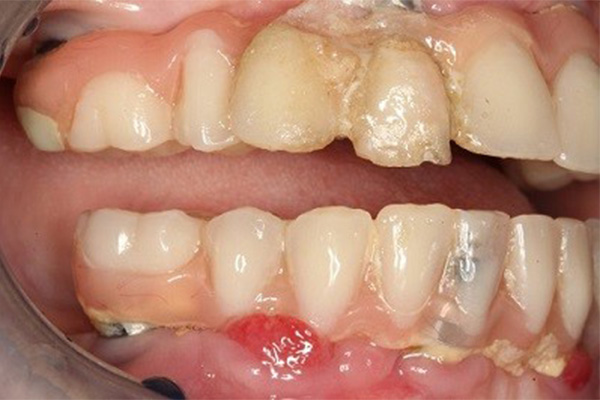
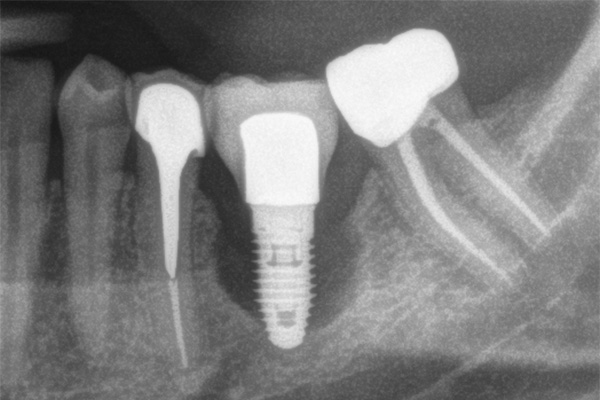
Recognising an infected dental implant can be tricky. So, what does an infected dental implant look like?
In addition to the signs mentioned earlier, an infected dental implant may appear redder than the surrounding tissue and may bleed easily when touched. Despite these signs, a professional diagnosis is crucial as only a dentist or a specialist can accurately diagnose an infection.
In conclusion, while dental implants are a great solution for tooth replacement, it’s essential to be aware of the potential risks, including infection. If you’re considering dental implants or if you’re experiencing any of the symptoms mentioned above, don’t hesitate to reach out to your trusted Bali dentist for a consultation. Your health and satisfaction are our top priority at Bali Dental Implants.



